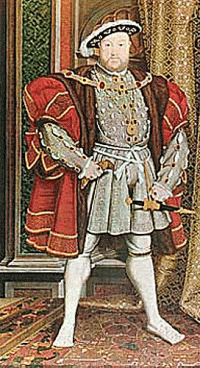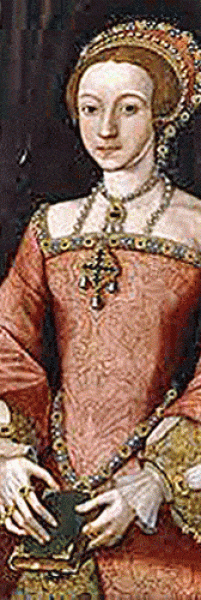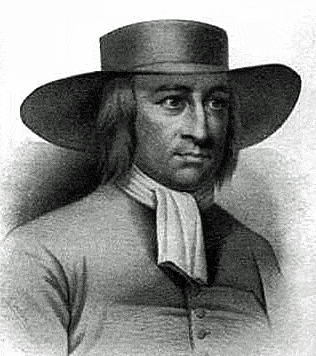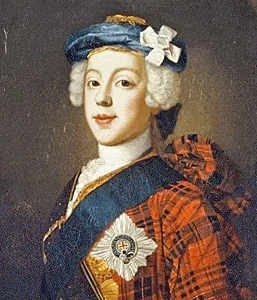Acts of Parliament
Religious Dissent
Religious dissent began in Europe and England in the 16th century with Puritans who wanted to purify the church and Separatists who wanted direct communion with God, without the hurdles of rituals and priests. Initially, the series of Acts passed to established the Church of England as the state religion targeted the Pope in Rome. The Acts of English Parliament to curtail dissenting views can be grouped into three periods: the Establishment of the Anglican Church (1534-1605), the Persecution of Dissenters, including Protestants (1649-1689), and the Continuing Suppression of Catholics (1690-1829).
Establishment of the Anglican Church
1534 and 1559 Acts of Supremacy in which the Monarch became the supreme governor of Church of England.
1559 Act of Uniformity, which institutionalized the Book of Common Prayer, and imposed a one shilling fine for failure to attend the Anglican church on Sunday.
1563 Imposition of Praemunire (forfeiture of property) if found guilty of defending papal supremacy.
1571 Treason Act that made it a crime to call the monarch a heretic or schismatic (such as in a pamphlet), and make it treason to introduce papal bulls.
1585 Treason Act barring Jesuits or seminary priests from entering the country.
1587 Suspected Act assumed recusants who failed to appear for trial were guilty.

King Henry VIII (1534 Act of Supremacy)

Queen Elizabeth I (1559 Act of Supremacy)
1593 Recusants Act restricted the movement of Catholics to five miles of their homes.
1605 Convicted Act required suspected recusants to receive Anglican communion once per annum on pain of fine and eventual forfeiture of property.
1605 Recusants Act barred Recusants from public office and many professions.
Protestant Dissenters
Although the Protestant movement began in the 16th century, the Baptists, Congregationalists and Presbyterians were not targeted with legislation in England until the mid-17th century. In 1633 William Laud became Archbishop of Canterbury and brought to his office a zeal to suppress Puritan preachers who acted independent of the Anglican church. The Civil Wars, however, curtailed his efforts.
Entering a time of social instability, the Protestant movements began to assert themselves. The Baptists, whose first meeting in England was in 1612, preached adult baptism. The Quakers relied on the inner light of all people. The Congregationalists or Independents, who emerge during the second half of the 17th century, insisted that each local church had the right to direct their own affairs.
During the Interregnum (between 1649 and 1660 when England did not have a monarch), parliament cracked down on religious dissent, reasserting Anglicanism as the state religion. From 1649 until the Act of Toleration in 1689, many dissenters of the state religion were humiliated, fined and imprisoned. Methodism escaped persecution because movement did not formally begin until the dawn of the 19th century.
Acts of Parliament Against Protestant Dissenters

George Fox (1624-1691), the founder of Quakerism travel England in the 1670s
1662 Act of Uniformity ejected two thousand ministers from the Church of England.
1664 Conventicle Act punished any person over the age of 16 for attending a religion service not using The Book of Common Prayer. A conventicle was defined as an assembly of more than five people who were not family.
1665 Five Mile Act prohibited an ejected minister from living within five miles of his forfeited pulpit.
1672 Declaration of Indulgence pushed a second wave of clergy from the Church of England.
1689 Act of Toleration, extended freedom of religion to all but Catholics and Unitarians.
1880 the Burial Law Amendment Act made it legal for non-Anglican burials in an Anglican churchyard.
Continued Suppression of Catholics
Catholics were persecuted until 1829 because the Pope was a foreigner, making loyalty to the Catholic church quasi-treasonous. The Bonnie Prince Charlie and a Jacobite cause added a new twist in the tensions between Anglicans and Catholic.
1678 Recusants barred from parliament.
1689 Bill of Rights that prohibited a Catholic from being king or queen, and precluded a monarch from marrying a Catholic.
1692 Recusants to incur double land tax.
1699 Recusants barred from purchasing or inheriting land.
1778 Relief Act: Catholics permitted to own land.
1791 Relief Act: Catholic clergy permitted to exercise ministry.
1829 Emancipation Act: Catholics permitted to hold office and to sit in parliament.

Bonnie Prince Charlie (1720-1788). The Jacobite movement extended the persecution of Catholics into the 18th century.
